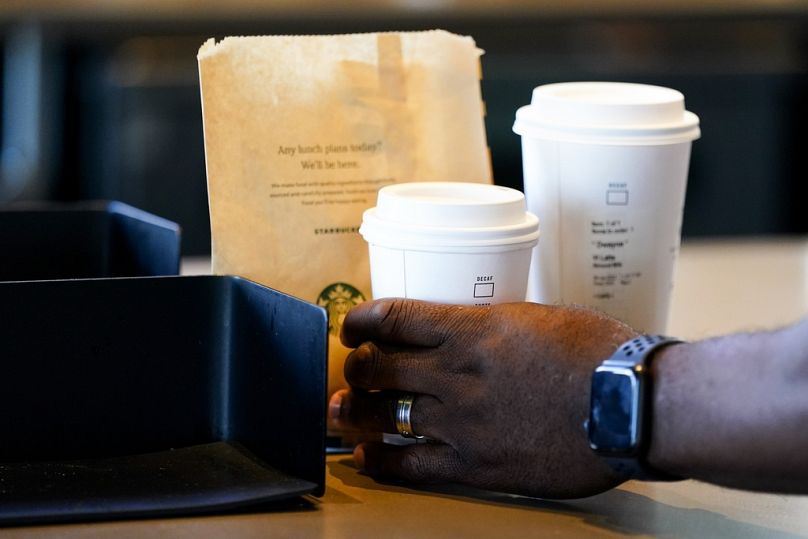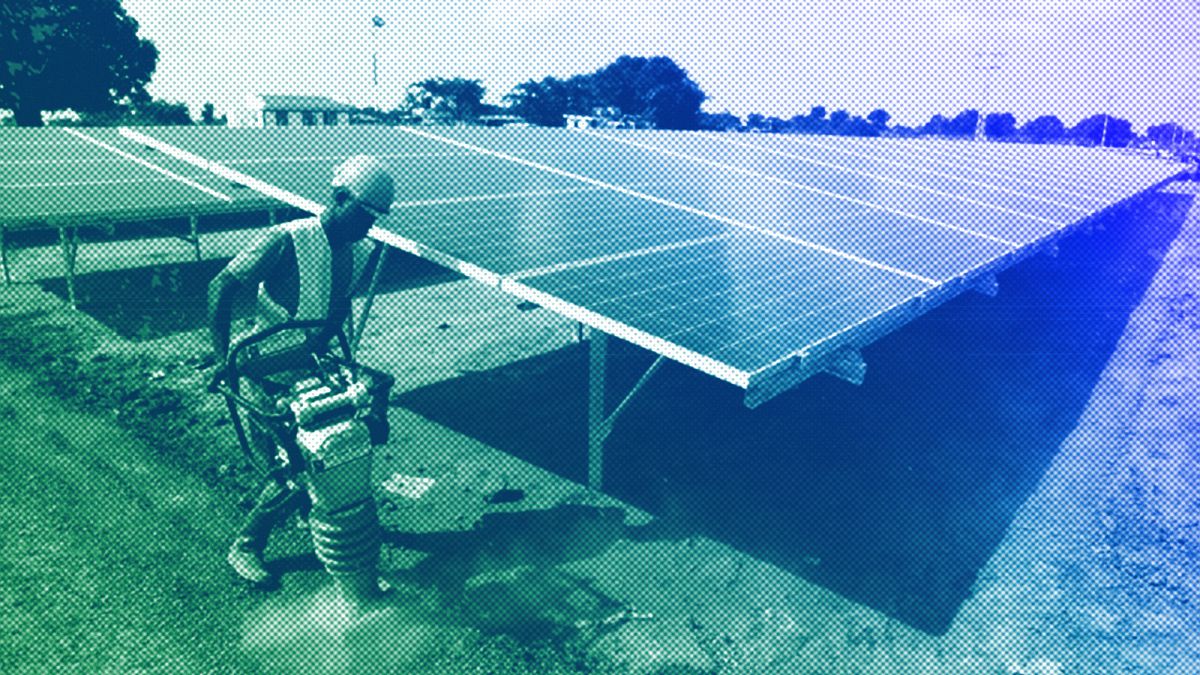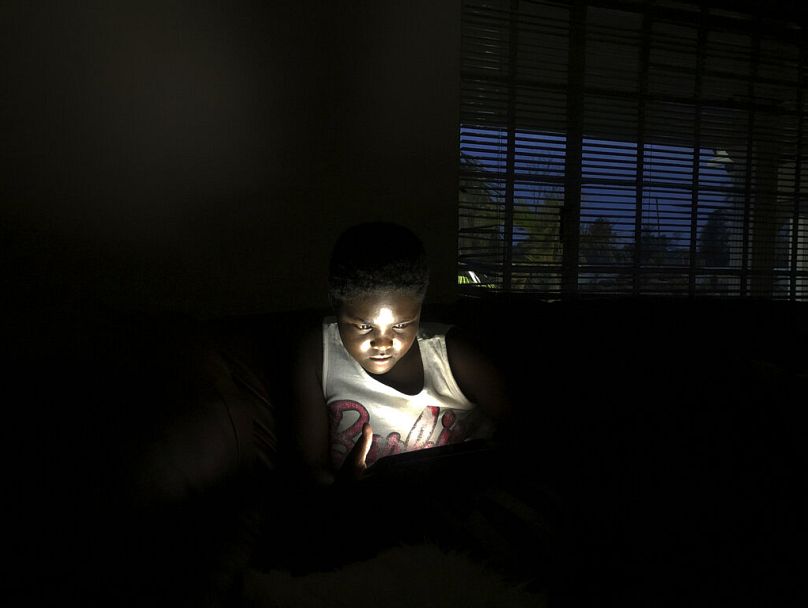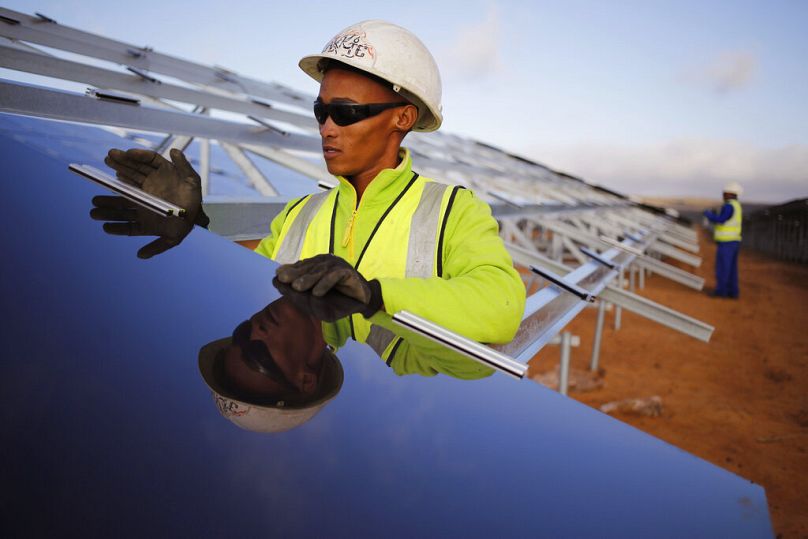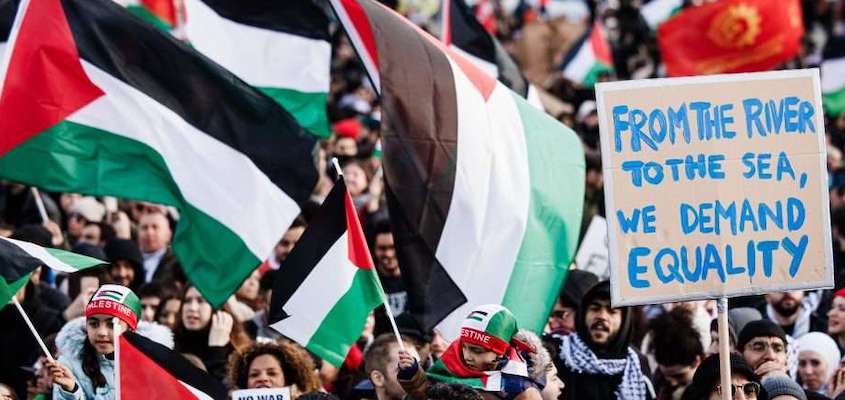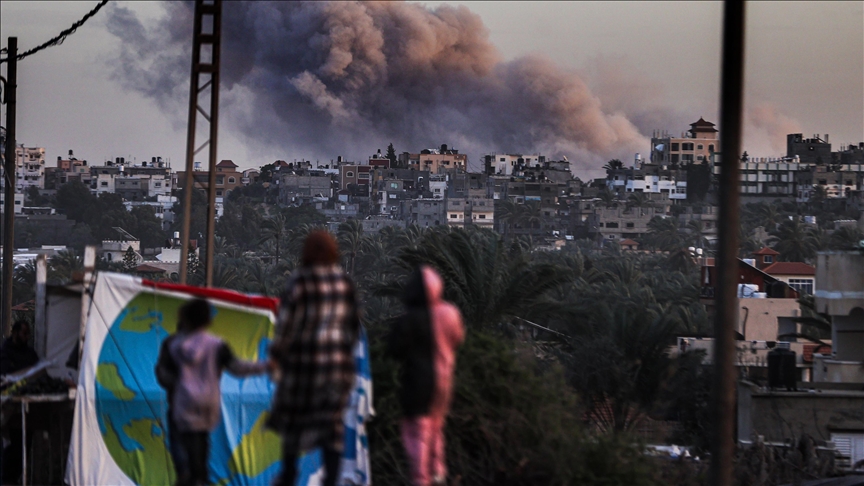by Ann Garrison
January 13, 2024On Dec. 8, the UN Security Council voted 13 to 1 for a resolution calling for a ceasefire in Gaza. The US cast the only no vote, exercising its veto power, while the United Kingdom abstained. All of those present, excepting the Israeli ambassador, called for a two-state solution, but more and more scholars and activists are now saying that a two-state solution is no longer possible. It’s been under discussion for 57 years without any progress, so it’s time for a paradigm shift.
That paradigm shift is, put simply, acknowledging that Israel is the only functioning state between the Jordan River and the Mediterranean Sea and that it’s a hugely unjust state keeping half its population, the Palestinian people, in miserable conditions, and all but 20 percent without citizenship and the rights that citizenship entails.
Half of those, as we’re all now acutely aware, live in the concentration camp called Gaza that Israel has bombed for decades, more mercilessly than ever since Oct. 7, 2023. The one-state reality is ugly, but continuing to imagine that there will finally be a two-state solution doesn’t make it any less so.
One hundred thirty-nine of the world’s 193 nations recognize the state of Palestine, but this is moral recognition, recognition of what should be, not of what is. Israel controls all the state apparatus, including the monopoly of force, and the Palestine Authority essentially plays the role of colonial administrator.
“The One State Reality” is an anthology of essays devoted to this paradigm shift, its history and its implications. Its subheading is, “What Is Israel/Palestine?” Its authors are scrupulously careful to say that they are trying to describe what is, not what should be, and that the Palestinian and Israeli people must ultimately make their decisions about moving forward.
The book is edited by George Washington University Professors Michael Barnett, Nathan J. Brown, and Marc Lynch, and University of Maryland Professor Shibley Telhami. It’s written by political scientists who use language and concepts specific to their academic discipline that are often difficult for the layperson to parse, but it’s full of insight for those with patience. As a layperson, I found it easiest to digest by reading the introduction and conclusion, then flipping through pages to chapter heads and subheads that particularly piqued my interest, and reading several every day rather than starting from page one and reading to the end.
Several chapters I found of particular interest were “What is Israel Palestine?” (the introduction), “Israel/Palestine: Toward Decolonization,” “Delegation Domination: Indirect Rule in the West Bank,” “American Jewry and the One State Reality,” and the concluding chapter, “Recognizing a One State Reality.”
I also found it helpful to search the index for key terms like “apartheid,” “settler colonialism,” “Oslo Accords,” “Security Council,” “West Bank” and “Gaza.” To the layperson, this book may serve as an encyclopedia as much as a page-to-page read.
One of the central themes I found most important is that, as Marc Lynch wrote in his conclusion, “Negotiations toward two states were never sincere in this analysis, but merely cover for an ongoing process of colonization.” Another co-editor speaking at a book talk at the Middle East Institute’s Oman Library called the two-state solution an “opioid for the diplomatic classes.”
Speaking on C-SPAN’s Washington Journal , co-editor Shibley Telhamis said: “The reality of it is that you have in Israel a government that doesn’t really accept the idea of two states. You have ministers in that government who say: ‘All of the land belongs to us. Palestinians have to accept what they have, not equal rights, or at worst leave.’”
What are some of the implications of the paradigm shift from the two-state solution to the one-state reality? The academic authors of this book might be disturbed by my oversimplifications, but these are the most basic implications that I derived from this book:
- Accepting the paradigm shift would mean giving up on both the idea of a Jewish state and the idea of a Palestinian state, which some members of both communities might embrace while others would be alarmed. Palestinian demands for full citizenship and equal rights might then supersede the now unrealistic demands for an independent Palestine.
- If policymakers and institutions, including the UN Security Council and the General Assembly, were to accept the paradigm shift, they would be compelled to confront and deliberate the ugly one-state reality which Amnesty International, Human Rights Watch and the Israeli NGO B’Tselem have all labeled apartheid, a crime against humanity. (This of course motivates policymakers – including the US president – who have enabled Israel’s injustices and atrocities not to accept the paradigm shift.)
In his concluding essay, Marc Lynch considers “Prospects for Ideational and Material Change” (a subhead of his chapter titled “Recognizing a One State Reality”). Here he describes three possible consequences of accepting the description of Israel as an apartheid state:
“First, naming Israel’s system as ‘apartheid’ might trigger such revulsion at home [in Israel] that it leads to a domestic demand for change.” This, he says, “seems highly unlikely, given the rightward trend in Israeli politics.”
Second, “it could trigger some form of international response by states or international organizations.” This he also describes as unlikely.
“Third,” he writes, “naming Israel’s system as ‘apartheid’ could trigger global normative action at the societal and individual, rather than at the state, level. This effort to link the apartheid label to the production of a global cultural boycott comparable to that faced by South Africa is both the most plausible theory of change and the primary objective of the BDS movement.”
He goes on to praise BDS for shifting the terms of the debate about Israel and Palestine by “effectively invoking norms against colonialism and analogies to the cultural boycott of apartheid South Africa.” He also says it could be “one of the most widespread instances of solidarity politics in the world.”
I believe he was saying that the paradigm shift and all its implications are rising from the grassroots.
Ann Garrison is a Black Agenda Report Contributing Editor and independent journalist based in the San Francisco Bay Area. In 2014, she received the Victoire Ingabire Umuhoza Democracy and Peace Prize for her reporting on conflict in the African Great Lakes region. Please support her independent journalism on Patreon. She can be reached at ann@anngarrison.com.


